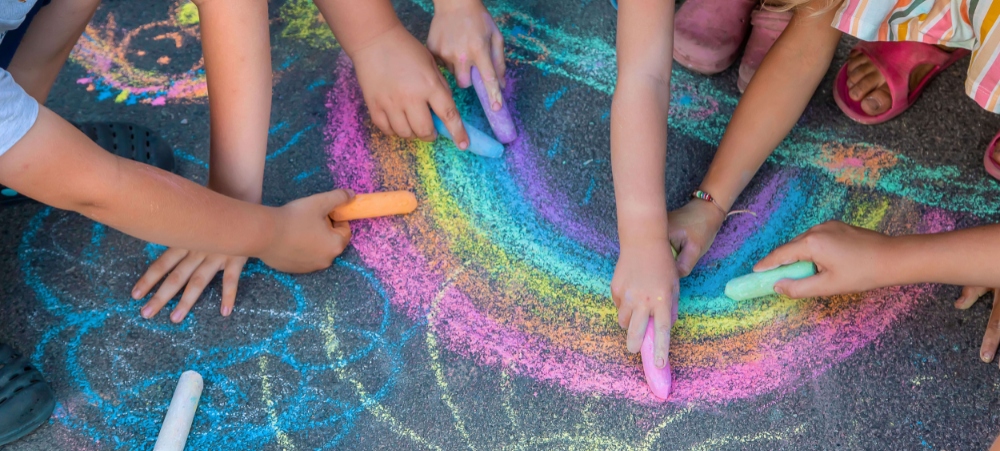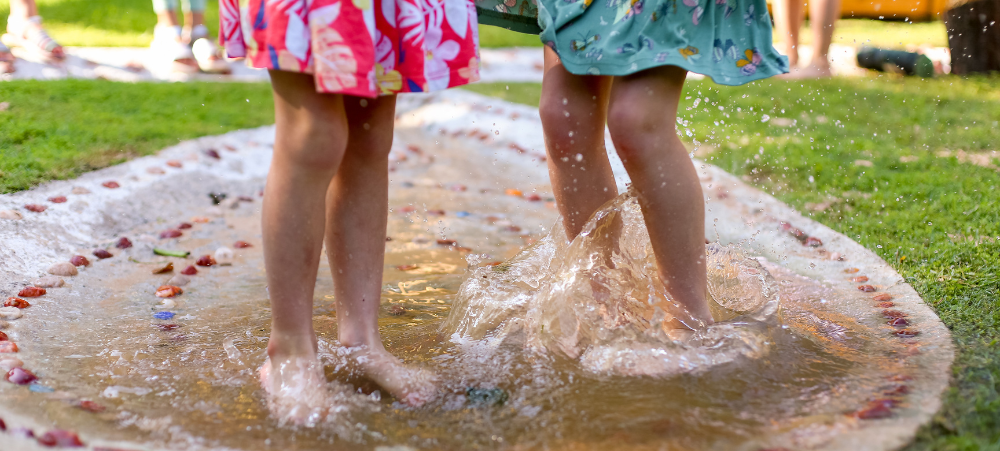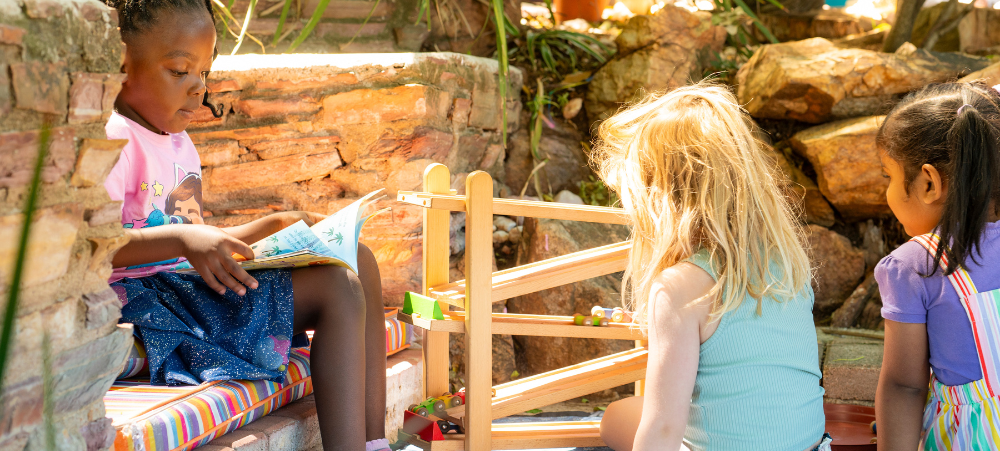
Educating beyond the Screen
At St Teresa’s School, we believe that true education nurtures every part of a child in mind, body, heart, and spirit. In a world increasingly dominated by screens, it is easy to assume that digital tools like coding, robotics, and online learning should take centre stage in the classroom. However, mounting research, and our own experience, remind us that what young children need most are rich, real-world experiences that ignite curiosity, connection, and creativity. While tablets, interactive whiteboards, and online assignments have become staples in many schools, studies show that excessive screen time can hinder concentration, reduce physical activity, and limit opportunities for meaningful social interaction. Ironically, in trying to prepare children for the future, we risk disconnecting them from the present. Young brains develop best through hands-on, sensory-rich, and emotionally engaging experiences. Real learning happens through doing, not simply through watching. There is, of course, a place for technology, particularly when it is used intentionally to reinforce or extend learning. However, digital stimulation can never replace the deep cognitive and emotional benefits that come from climbing a tree, painting a picture, building with blocks, or acting out a story. Research continues to confirm that too much screen exposure negatively impacts areas of the brain responsible for attention, memory, language, and emotional regulation. These effects are particularly concerning in the early years, when foundational neural pathways are being formed. Skills essential for computational thinking, such as pattern recognition, sequencing, spatial awareness, and problem-solving, are best nurtured through offline activities like construction play, puzzles, storytelling, music, and physical exploration. At St Teresa’s School, our approach is proudly holistic. We offer a curriculum designed to stimulate the whole child: to develop critical thinking and creativity, to foster empathy and resilience, and to encourage collaborative learning. Our classrooms and outdoor spaces are alive with joyful noise and purposeful mess, whether our girls are conducting a science experiment, crafting a sculpture from recycled materials, solving a logic puzzle with peers, or debating a topic in class. These are the experiences that strengthen young minds and shape confident, compassionate human beings. In a fast-changing world, our aim is not just to keep up with trends but to remain rooted in what truly matters. We want our girls to flourish, not just in school, but in life. For this reason, we champion an education that values play, connection, creativity, and wonder as much as it values academics. Lynne Elfick St Teresa’s School Junior Primary Principal



































